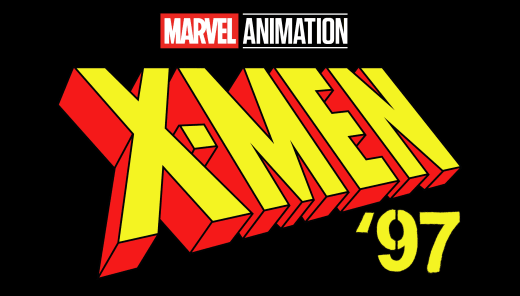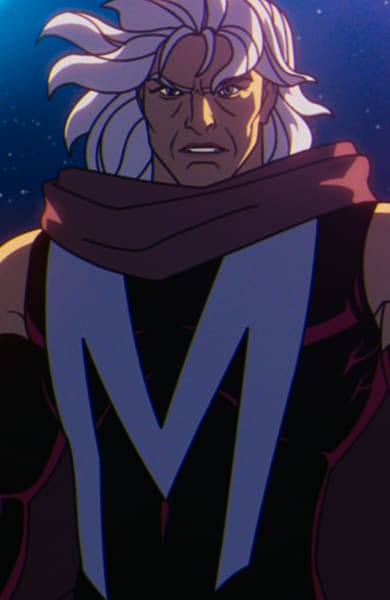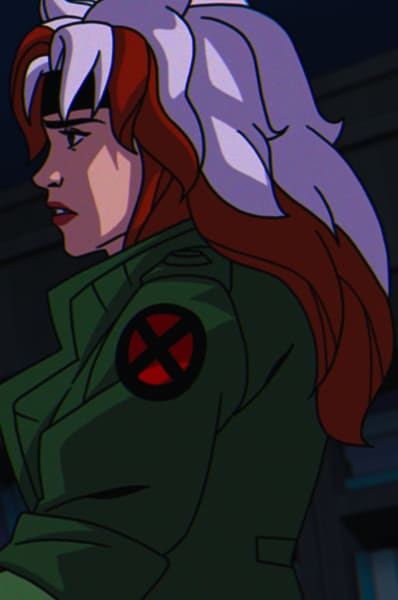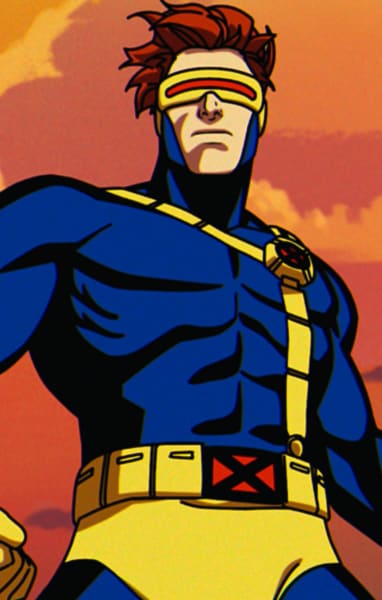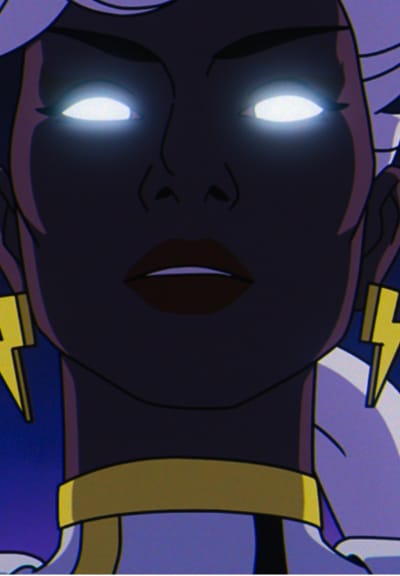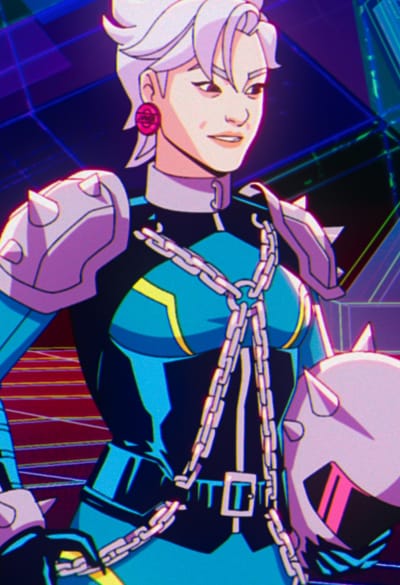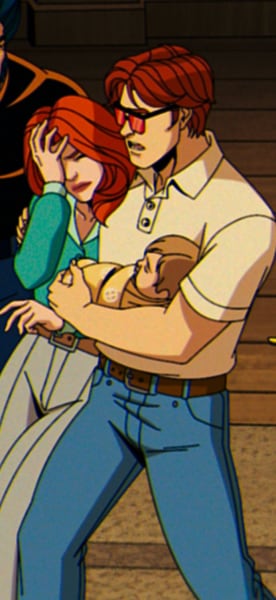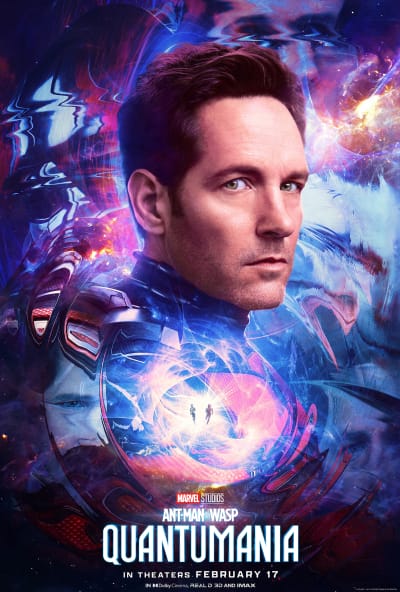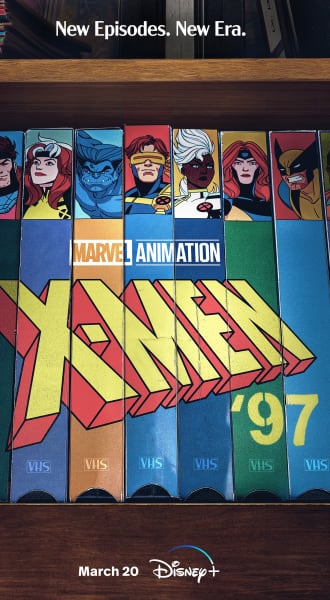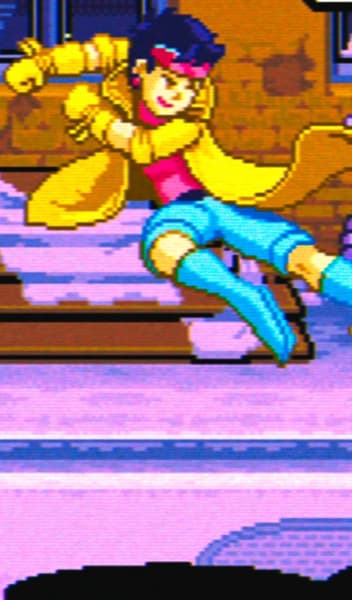For decades, Hollywood has struggled with the concept of the reboot.
Not merely the “remake,” which was a fairly common occurrence ever since Hollywood figured out how to upgrade the technology of The Wizard of Oz (1910) and re-film The Wizard of Oz (1939) — now with sound and color! — but specifically, the reboot.
As in upgrading not the technology but the culture of the original piece.
When The Brady Bunch Movie reboot came out in 1995, it was an audacious spectacle. It was reimagined as a tongue-in-cheek parody of 1960s/1970s culture and of the naivete of the original series.
By the early 2000s, reboots were no longer quirky experiments of avant-garde filmmakers but big money makers and even award-winning art films.
By the time Disney, Marvel, DC Comics, and Hasbro joined the reboot revolution, audiences had been lulled into a sense of tepid acceptance of all things rebooted. The visual effects were out of control.
The storylines were okay; they were generally faithful to the source material, but they felt more like culturally correct rewrites of the original author’s work, adapted for the appetite of 2024 hipsters.
But that’s what makes X-Men 97 unique. It’s the greatest reboot of all time because it is, at once, a reboot, a nostalgic trip home, and a continuing saga of the world you remember. Let us count the ways in which X-Men 97 did the reboot trope right.
X-Men 97 is a Tribute to Itself
The creators of X-Men 97, including showrunner Beau DeMayo, no doubt took note of everything Bryan Singer’s X-Men (2000) did wrong.
Stalwart characters like Rogue and Wolverine were not retooled to fit today’s audiences. Instead, they returned to their prominence. Rogue was a strong southern woman, not an impressionable teenage girl.
And is it just me, or is there a lack of authenticity when it comes to depicting characters from the South on mainstream television?
DeMayo and crew managed to lure original voice actors back to the project, like Cal Dodd (Wolverine), Lenore Zann (Rogue), and George Buza (Beast), among others.
While not every cast member returned, and some of the voices did feel slightly off (hey, you try deepening your voice to the same exact pitch 30 years later!), the show embraces the nostalgia of its fans.
The creators are paying homage not just to the Marvel Comics characters but to the actual cartoon show that Generation X remembers.
X-Men 97 IS a Reboot, Not a True Sequel
A direct X-Men 97 sequel is simply impossible, given the new creative team (DeMayo replaced Eric Lewald, Sidney Iwanter, and Mark Edens), the cultural shift that has happened over three decades, and the sophistication of today’s TV audience.
We know by now that you can’t go home again. Resurrecting the literal children’s cartoon, X-Men of the 1990s as it was back then, would be a trippy and grotesque experience.
Comic fans don’t want the past. They want to feel the same way they remember when they watched it for the first time.
X-Men 97 has grown up since we last visited the world. Now, there are complicated story arcs, characters with moral flaws that teeter between good and evil, and far more violence and terror than you remember in the original ‘toon.
I also don’t remember this many superheroes hooking up or Gambit wearing a crop top! This was the 1990s, and yet, not the 1990s.
It’s refreshing to see a show more becoming of Stan Lee’s universe than a show dominated by network standards and practices. The only real source material is the encyclopedia of Marvel Comics back issues, a gold mine for risque storytelling.
X-Men 97 Resists Going Full “Meta”
In the third episode of the new series, Jubilee is sucked into a faux video game console trap set by a tentacle monster, which inevitably transports her into a video game dimension.
Of course. That makes perfect sense.
While the creators couldn’t help but toast to their own history with a nod to the 1990s X-Men arcade game, the show actually stopped short of devolving into self-parody.
At the end of the episode, the writers went for the heart, as if talking directly to older and younger audiences alike.
Jubilee shares a “Public Service Announcement” moment with her alternate reality self, explaining how the fantasy world is an escape from reality – but no replacement for real memories and personal growth. Or something, something.
It was a genuine teary-eyed moment straight out of a page of Stan Lee himself, who never appreciated meta-humor or self-deprecation, but loved hosting his own reality superhero audition show.
That kind of escalating absurdity has made newer seasons of Rick and Morty unwatchable. If you destroy your own timeline and constantly remind the audience that nothing really matters in a fantasy world, then all hope really is lost.
The drama has been deflated, and there’s nothing left to do by then but animated podcast interviews. What I always liked about Marvel was that the comic world eschewed self-parody in favor of traditional, conflict-driven storytelling.
That is why we need X-Men 97 now. To remind us of what we’ve lost in the new era of cinema, where pranksters control the camera.
X-Men 97 Is a Return to Pre-Endgame Marvel
X-Men 97 represents a return to chapter-by-chapter storytelling – what Marvel used to be before the Avengers franchise propelled superhero dramas to a PTSD state of perpetual escalation.
Storylines always had to be bigger, villains had to be infinitely powerful, worlds collided, and main characters from different series clashed – all because Disney needed to justify that 350 million dollar expense sheet.
Every episode was once in a lifetime, and every new challenge destroyed the world. Endgame reached a zenith of frenzied storytelling, a creative peak Disney/Marvel is still struggling to equal, let alone surpass.
X-Men 97 reaches for the stars, not for the very top of the universe. Stories are self-contained within the X-Men world and don’t relate to the wider MCU. Story arcs end with more or less the status quo, with an occasional continuity change.
True, Magneto does wind up in charge of the X-Men and has a thing going with Rogue. And yeah, Storm quits, and Jean Grey’s evil twin shows up…or was she the good twin?
Things are definitely happening! But what I like about X-Men 97 is that the show is a return to episodic superhuman soap opera.
The character development is steady, almost methodically slow. The action sequences have taken a backseat to the human drama unfolding.
One could argue that The Avengers was far more influenced by the likes of Joss Whedon, Joe and Anthony Russo, and Jon Favreau than Stan Lee. They built the mainstream 2010 decade with their outer space pirate opera.
On the other hand, X-Men 97 is the Marvel Comics of your youth that you remember.
X-Men 97 Is the Most Wonderful Mandela Effect
Even with 4 million viewers and a 100% score on Rotten Tomatoes, X-Men 97 may not feel like the greatest comic book story ever told.
But it feels like the best reboot we’ll ever see in this generation since it completely gets what old-timey fans want and what newer fans are dying to see.
We want nostalgia not just for nostalgia’s sake but to view the past with a new lens and to see things we never noticed before.
In that respect, X-Men 97 is a most wonderful Mandela Effect, a retro cartoon regaling the youth about why the 1990s were so cool.
Michael Arangua is a staff writer for TV Fanatic. You can follow him on X.

